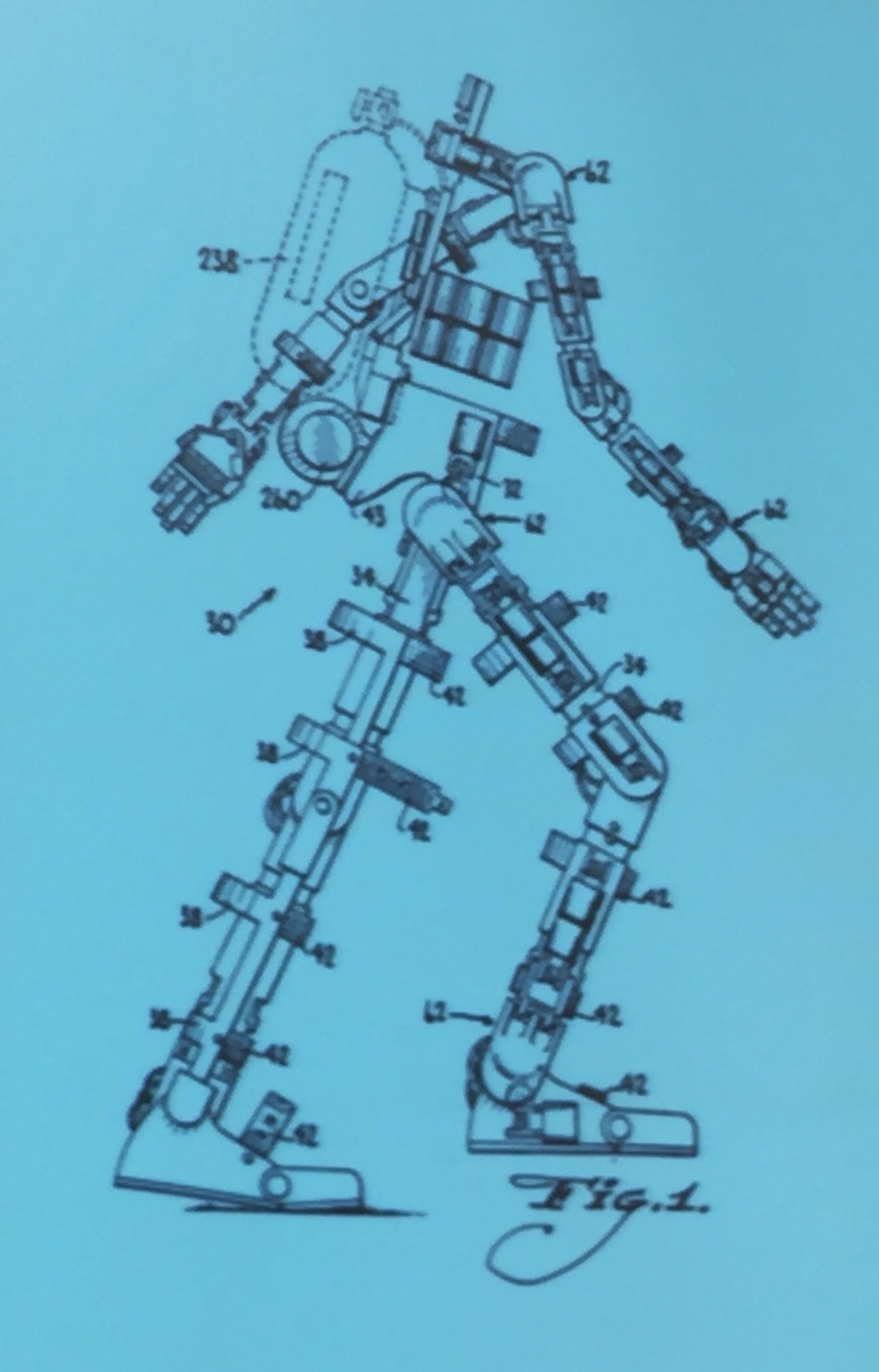Since the 8 November 2016, I’ve basically abandoned social media. All the major media sites (Facebook, Twitter) have revealed themselves to be pools of despair and angst.
I’ve been thinking a lot about what comes next. So much of the country’s reaction to this election is the sheer shock of what happened. This time, the polls were wrong. The outcome was wrong. For me, at least, the woman I thought was going to be president isn’t. I don’t live in the country I thought I live in.

This past week has been a complete contrast to the week before. I have another post I’ve been working on about the All Things Open conference that happens in Raleigh every year. One of my favorite talks was by Jono Bacon about community exoskeletons. In a nutshell, we need to give our communities the infrastructure that they need to be productive, sustainable places for contributors.
Jono’s talk was about technical communities. However, the core ideas apply to our communities: Twitter, Facebook, our political parties, and our government can all be more productive, sustainable places. They all need exoskeletons.
I don’t know what this looks like at scale. I don’t have an answer for how we fix what’s broken. What I do know is that, as I mentioned at the top, I had to abandon Twitter & Facebook. I haven’t really been back. They’ve both been alternating between hopeless & depressing and shocking & cruel. Here’s the thing: social media should be our modern-day Agora. It should be the place where we reminisce, befriend, debate, & organize. We should leave our social media sites feeling challenged and invigorated. They should educate us. Our friends list should be more than a list. It should be a great, teeming, unruly hive mind.
These are big problems that we don’t have solutions to. What do we do about? How do we fix all of it? I have no idea. That’s part of what we see on facebook: sheer despair over what we see. Despair over the direction our country is heading in. Despair over being wrong. Articles and arguments on Facebook don’t fix any of that. They make it worse.
For that we turn to one of the great books of our time:
‘What did your father say?’ asked Fizban gently.
‘He said kenders were small because we were meant to do small things. ‘If you look at all the big things in the world closely,’ he said, ‘you’ll see that they’re really made up of small things all joined together.’ That big dragon down there comes to nothing but tiny drops of blood, maybe. It’s the small things that make the difference.’
This is what we do. We do small things. We reach out to our neighbors. We take care of the poor. We write letters. We volunteer. We organize. Those things will make a difference. As we solve the little things, we’ll find solutions to the big things.